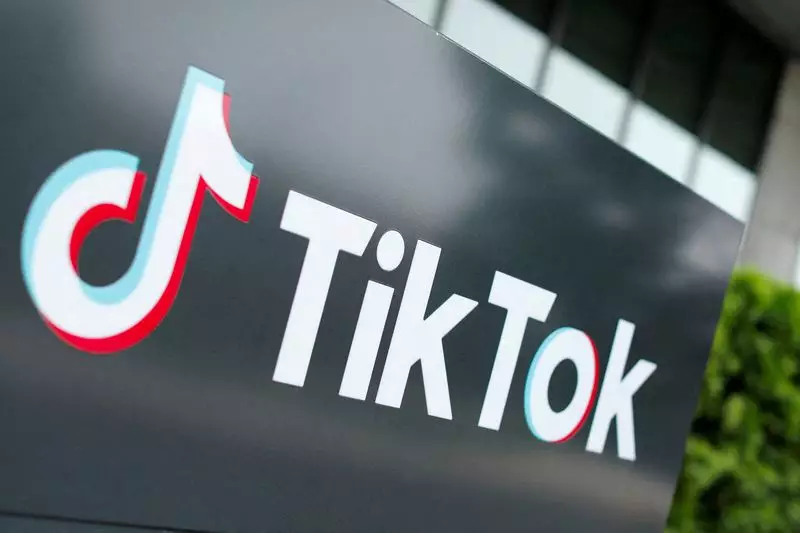In a decisive move to protect the youth, the Albanian government has announced a one-year ban on TikTok, a platform that has gained immense popularity among teenagers. The announcement follows a tragic incident where a 14-year-old boy lost his life to violence that stemmed from disputes fostered on social media. The Albanian Prime Minister, Edi Rama, emphasized that this ban is part of a larger initiative aimed at creating safer educational environments. The government’s actions resonate with growing concerns globally regarding the influence of social media on young minds, as multiple nations grapple with the implications of digital platforms on youth behavior.
Prime Minister Rama’s declaration comes in the wake of alarming statistics reflecting the rising incidence of violence in schools, which many attribute to escalating tensions incited by social media interactions. During a meeting with educators and parents, Rama articulated that the ban on TikTok is a preventive measure intended to curb such violent occurrences. “Our children are not the problem; it is our societal structures that must change,” he stated, highlighting a broader crisis concerning accountability and responsibility in the digital age.
This ban on TikTok signals an urgent appeal for collective responsibility. Earlier measures taken by other European nations, such as France and Germany, aimed at mitigating social media use among children, underscore a continental movement towards stricter regulations governing young people’s access to potentially harmful online content. This indicates that Albania is not an isolated case but part of a worldwide trend addressing the need for enhanced protection of minors in the digital landscape.
The Role of Social Media in Youth Violence
The decision to implement this ban is firmly rooted in the assertion that platforms like TikTok may not only reflect existing societal issues but also exacerbate them. Following the tragic incident involving the stabbing, alarmingly graphic videos surfaced on the app showcasing minors discussing and even idolizing the violence. Such portrayals raise serious ethical questions about the role of social media in glamorizing aggressive behavior among youth, and the capacity of these platforms to foster a culture of violence rather than community.
The pointed critique offered by Rama illustrates a deeper societal problem: the impact of social media on young people’s minds and behavior. As arguments and confrontations simmer online, the erosion of in-person conflict resolution skills becomes evident. This growing divide calls for a more profound examination of how we engage with and regulate such platforms. In recognizing that TikTok is merely a facet of a larger issue, Albania’s government is pushing for societal reflection and accountability.
While the temporary ban on TikTok may offer an immediate solution, it also prompts critical discussions about freedom of expression and the balance between regulation and personal responsibility. The effectiveness of such outright bans remains under scrutiny, as issues related to digital engagement and the accessibility of alternative platforms persist.
Ultimately, Albania’s decisive steps signal a commitment to safeguard the well-being of its young citizens. As other nations watch closely, the potential for this ban to promote essential dialogue about the responsible use of technology among minors could emerge as a pivotal moment in how societies navigate the complex relationship between youth and social media. The challenge lies ahead: to foster a safe digital environment without stifling creative expression or technological advancement. The path towards a balanced approach will be vital for the future generation’s interaction with the ever-evolving world of social media.

